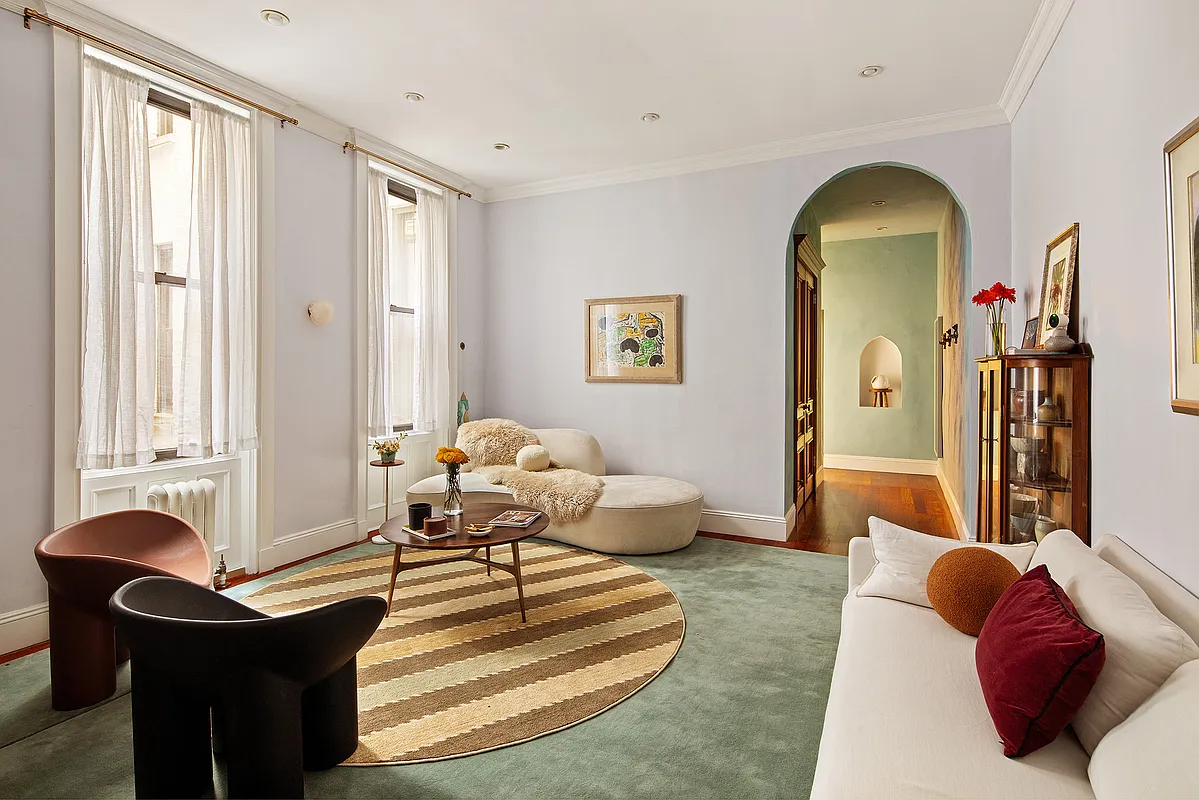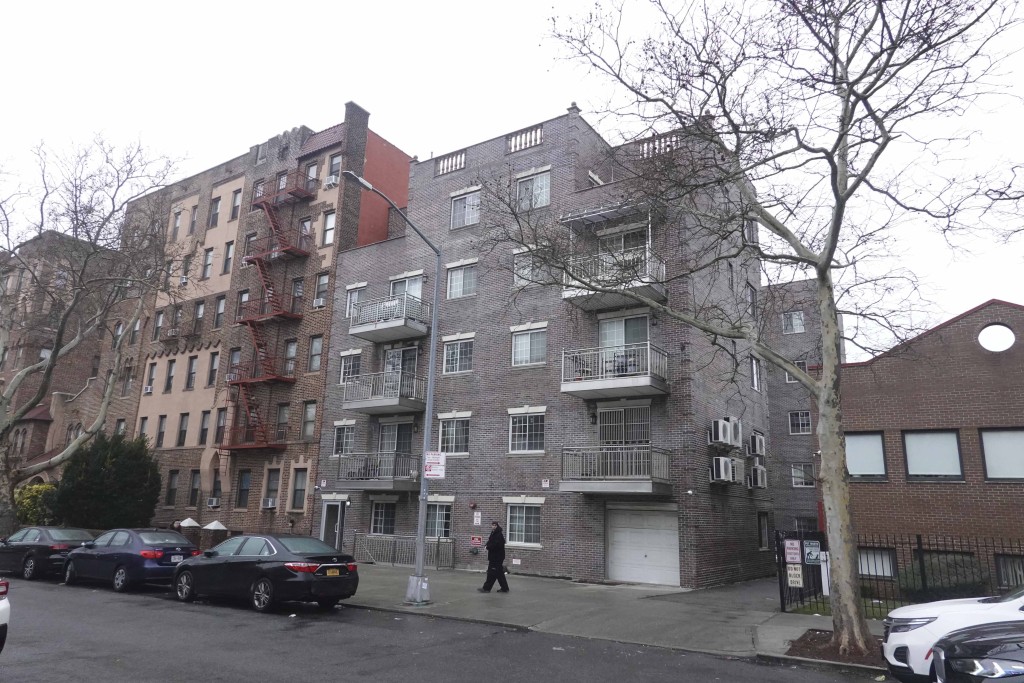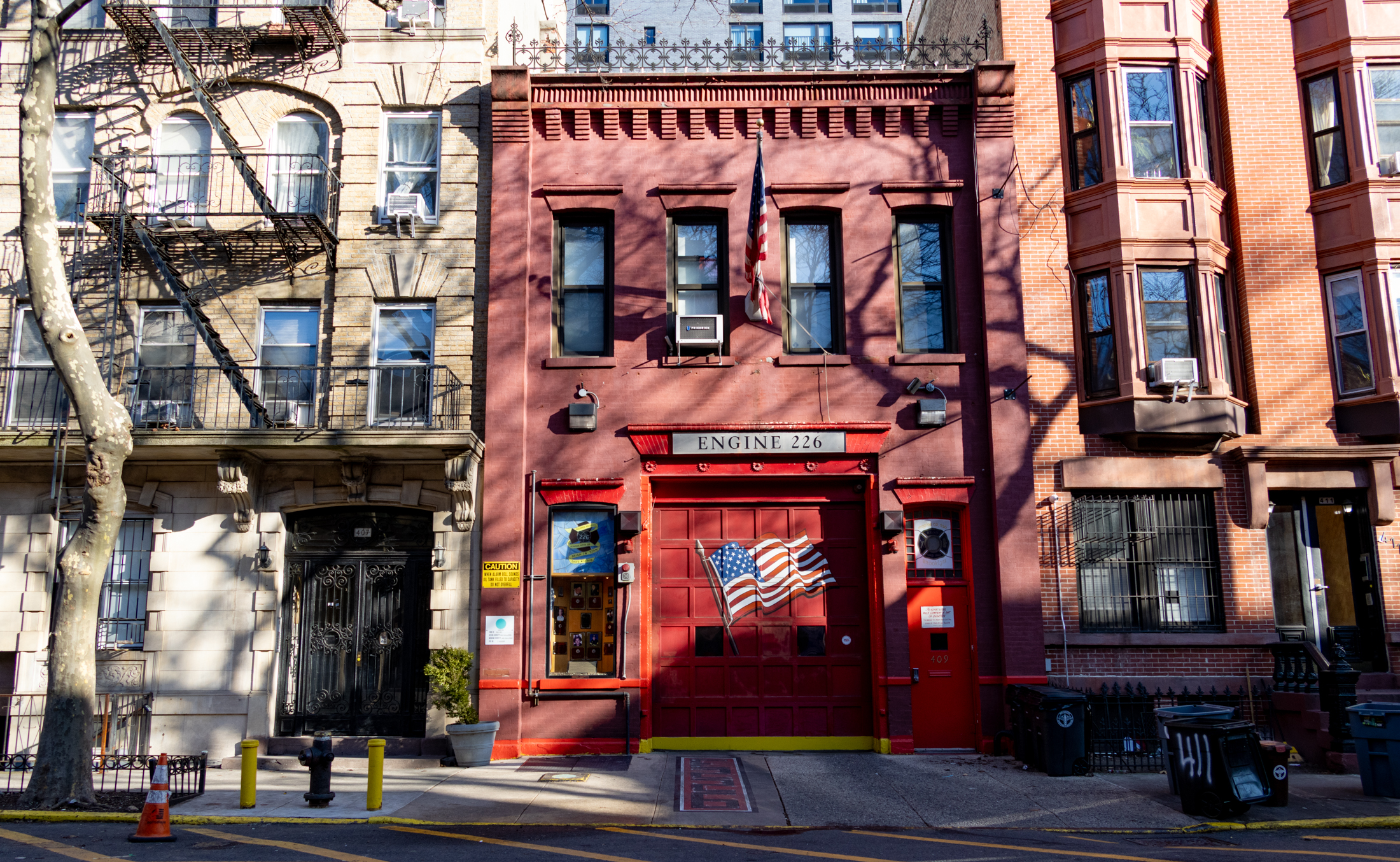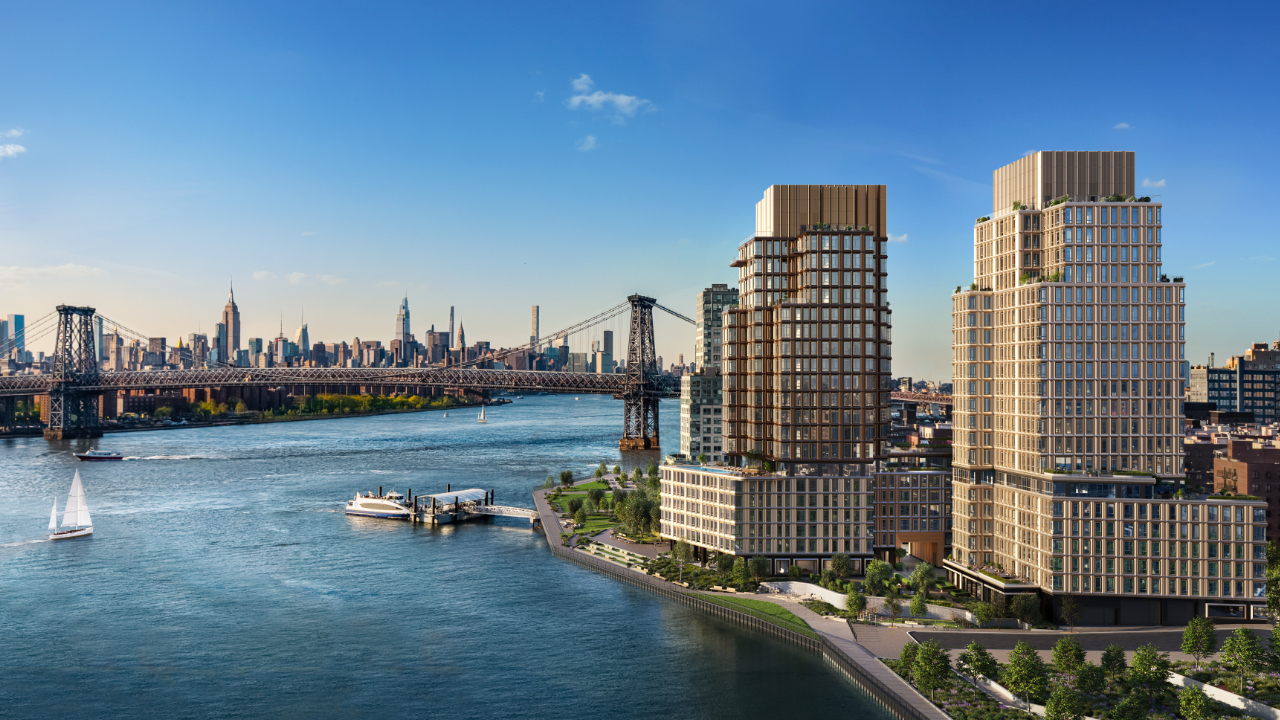How Bad Will The Market Be in '07?
Business Week asked a bunch of economists to look into their crystal balls to try to predict what the housing market would do over the next year. The general consensus was not too encouraging: Home prices will continue to fall in some markets, and the rate of price appreciation will slow in most places. Declines…
Business Week asked a bunch of economists to look into their crystal balls to try to predict what the housing market would do over the next year. The general consensus was not too encouraging:
Home prices will continue to fall in some markets, and the rate of price appreciation will slow in most places. Declines in homes sales, which directly influence price trends, will set the stage for another year of price decreases in 2008. Foreclosures will continue to increase. For those struggling to hold onto their homes, their net worth will shrink as these homes lose value. Long-term mortgage rates will rise. Housing starts will see double-digit depreciation, the sharpest decline since 1991, the worst year for housing starts on record.
You want the good news? Home prices are predicted to be flat to up slightly on a national level in 2007, with many large markets seeing small increases. (Of course, if you own in Southern California, Florida, and Las Vegas, you’re screwed.) And although new home sales are almost sure to be down for the year, existing home sales will probably be flat. And in a glass-half-full spin, housing starts aren’t likely to suffer as sharp a drop as they did in the early ’90s or early ’80s.
How Bad Will the 2007 Property Market Be? [Business Week]





11:21 AM,
“It’s not like SoCal or Boston, but these trends are most certainly relevant here.”
Interestingly, they predict NYC to suffer greater median price declines (’06 to ’07) than Boston (-3.1 vs. -1.9, respectively)
http://images.businessweek.com/ss/06/12/1212_realestate07/index_01.htm
People tend to underestimate the psychological impact of national RE trends. Tales of falling prices and rising foreclosure rates and a slowing economy will make prospective buyers pause and proceed with more caution even in NYC.
This hesitation alone leads to properties staying on the market longer, prices falling, and a continuing cycle until the prices appear to be a good value and the prospects for substantial appreciation reappear.
Just as buyers were frantically buying just a year ago lest they be left out of the equity boom and look on with increasing envy as houses became less and less affordable, today buyers are hesitating lest they be the chumps to buy close to or near the top of the market.
I am convinced that most NYC buyers are not thinking in terms of a 10-year commitment and ARE concerned about the potential loss if they were to sell in 4 or 5 years. Given the imbalance between the cost of renting and the cost of owning for most scenarios, I think this sobriety is healthy and necessary.
This shift in mass thinking is very real.
“did anyone see what the bonuses on wall street will be this year?!!! these people drive the market, so don’t bet on the real estate market in nyc drying up.”
Not this tired argument again. Repeat after me, The fact that I can afford to spend $2 million on a house does not mean that I will, especially if I think that that same house will be worth less in a year. The people on wall street who make the kind of money that you are thinking of (MDs and traders) are not stupid.
did anyone see what the bonuses on wall street will be this year?!!! these people drive the market, so don’t bet on the real estate market in nyc drying up.
As the saying goes, S@#T HAPPENS, so I think that even people who are NOT planning to sell should be a little worried if the Newsweek article is correct. There is so much that can happen in our lives that can result in changed plans – loosing your job, illness, death, having to relocate b,c your kid has asthma and you have to live in a warm climate
I think it is a bit smug to assume that a declining national real estate market will have no impact on brooklyn brownstone owners.
1) where are stats saying that price increases in Brooklyn are more than rest of NYC? You maybe just be a bit myopic.
2) If house prices nationwide decrease
(although the forecasts are market by market) and you sell your brownstone next year – you’ll also probably be buying into a ‘down’ market. So whats the difference.
I was evaluating ‘trading up’ a year or so ago…. and decided no because of size of mortgage I would need to take on. But if mine and the nicer block both went down 20% – it would make the ‘trade up’ much easier for me.
For someone contemplating buying condo/coop in NYC these days – I wouldn’t rush into it… with so many new apts under construction and planned
you’ll have more choices and maybe better prices- especially if have rent-stabilized apt. where able to stash more money aside for downpayment.
Well said previous Anons – especially in areas of large runups where there are few true underlying fundamentals to support them, such issues are very important. Many owners without plans may be just fine if they don’t sell, but I find it hard to believe that it’s as easy to shrug off as they claim. Housing has been the entire US economy, sadly, and if it goes wrong, which I believe it will, it will affect us all. After all, if you really think about it, despite any owner/buyer/seller bias you might have, can an economy really thrive if all it consists of is building, buying and selling homes to each other? I wouldn’t dismiss the national picture so quickly – the whole “not in my area” thing is the equivalent of covering your ears and saying “I can’t hear you, I can’t hear you.”
As a single woman looking to purchase her first home (Co-op or Condo), this news is crucial to me. It makes a difference between actively looking for a new home and waiting for prices to fall a little further (while I save more money towards a down payment and closing costs), or at least stabalize.
I am in a very unique situation, in that I live in a rent stabalized apartment in Manhattan, but would prefer to own my own two bedroom home, as opposed to living in a cramped (400sqf) 1 bedroom.
My goal is to purchase within the next 12-18months and hold the property for 5 to 10 years before renting it out and purchasing a house. With that time horizon, for me this as a first time buyer, the corrections in the real estate market is good news!
I would say the national trends are much more relevent in Brooklyn than they are in the rest of the city. The borough has seen a much faster run up in prices relative to most other places. It’s not like SoCal or Boston, but these trends are most certainly relevant here.